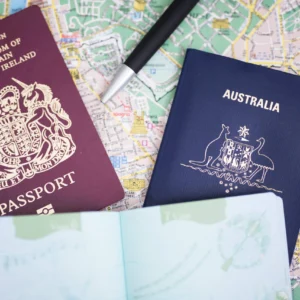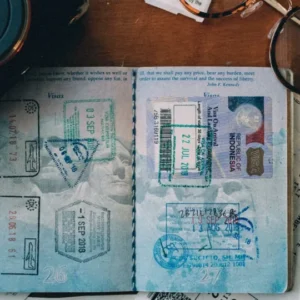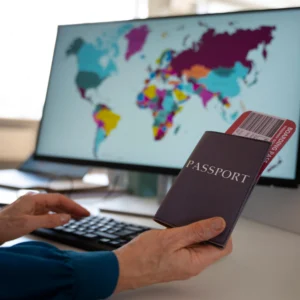Can I Convert My Visit Visa to Australia If I Find a Job There?
Converting a visit visa to a work visa in Australia is not straightforward. While a visit visa allows you to explore job opportunities, it does not permit you to work. If you secure a job offer, you must apply for a work visa, such as the Temporary Skill Shortage (TSS) visa or Employer Nomination Scheme (ENS) visa.










